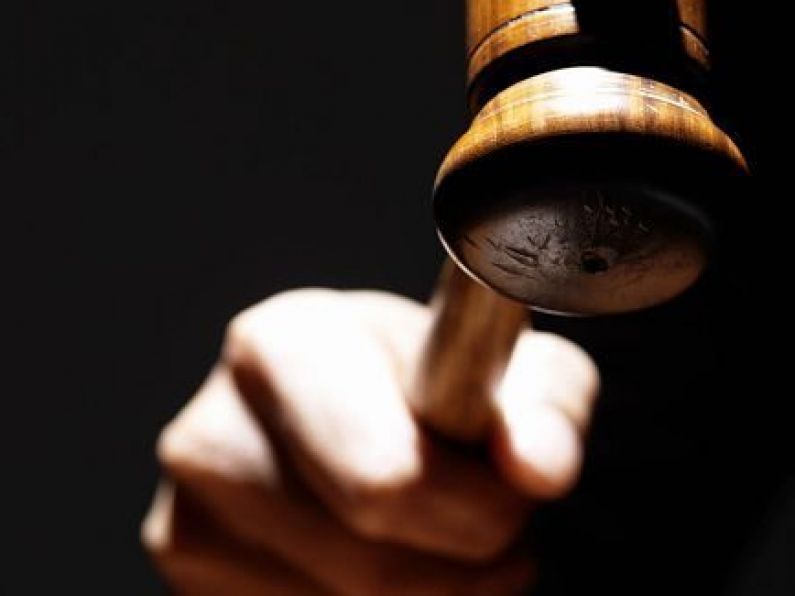By Declan Brennan
A jury in the trial of an African national accused of causing serious harm to two former partners by infecting them with HIV has asked about the possibility that the virus came from a fourth person.
The 28-year-old defendant, who lives in Dublin, cannot be named to protect the identities of the complainants in the case.
He has pleaded not guilty at Dublin Circuit Criminal Court to intentionally or recklessly causing serious harm to the two women on dates between November 2009 and June 2010.
It is the State's case that the man was aware of his diagnosis when he infected the women and that this amounted to serious harm. The court has heard it is the first case of its kind in the country.
The jury of nine women and three men retired to consider its verdicts on Wednesday afternoon and continues to deliberate.
Shortly before noon this morning, the jury paused deliberations to return to court with two questions.
The jury foreman told Judge Martin Nolan he wanted clarification that a specific mutation, identified as M36V, was common to both the accused and the two complainants.
Judge Nolan said there was a mutation identified as present in all three parties.
The foreman then asked “how likely it would have been that they get that mutation off a fourth person?”
Judge Nolan told the jurors that there was no evidence before them in relation to this. He said that the court could not add to the evidence given during the trial and could not give a transcript of the evidence given.
The jury then asked to have the evidence around the genetic mutations of the virus replayed over the Digital Audio Recording system in court.
This included the evidence of State witness Dr Cillian De Gascun from the National Virus Reference Laboratory and defence witness Andrew Leigh-Browne, a professor of evolutionary genetics from the University of Edinburgh, Dr De Gascun previously testified that comparisons between the viruses detected could not confirm transmission from one person to another, but meant it could not be excluded.
In his evidence, Professor Andrew Leigh-Browne said this was the first criminal trial at which he has given expert advice where phylogenetic analysis was not carried out, and that this analysis was effective at excluding potential sources of infection.
He agreed with Mr McGinn under cross-examination that “it can never actually establish that one person gave it to another.”
The court heard that mutations in the virus continue to take place after transmission so that a person can have a strain of the virus with different mutations to the person who transmitted it to them.






